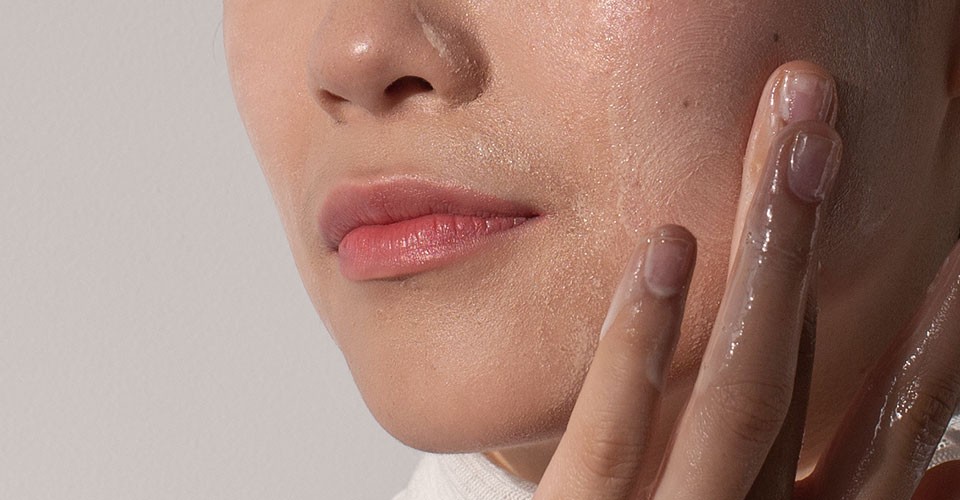CJ Attard Insights
Exploring the latest trends and insights in various industries.
Skin Deep Secrets: What Your Products Aren't Telling You
Uncover hidden truths behind your beauty products! Discover what they aren't telling you and revolutionize your skincare routine.
The Hidden Ingredients: What Your Skin Care Products Aren't Revealing
In the pursuit of achieving radiant skin, many individuals invest in a plethora of skin care products, often overlooking the hidden ingredients that may be lurking in their favorite creams and serums. These ingredients can range from synthetic compounds to natural extracts that may not have been extensively studied, raising questions about their safety and effectiveness. As consumers, it's essential to become informed about what we are applying to our skin, as some lesser-known ingredients, such as parabens and fragrance, can lead to irritation or allergic reactions.
Additionally, many brands may advertise their products as 'natural' or 'organic' while still including components that are not entirely transparent. It's crucial to look for detailed ingredient lists and understand the potential impact of these hidden ingredients on your skin's health. Investing time in reading labels can reveal beneficial elements like hyaluronic acid and peptides, which can promote hydration and elasticity, versus harmful additives that could derail your skincare journey. Empower yourself with knowledge to make informed choices for your skin and embrace a glow that's both beautiful and healthy.

Decoding Labels: How to Understand What's Really in Your Beauty Products
Understanding what's really in your beauty products can feel overwhelming, especially with the multitude of ingredients and technical jargon on labels. To decode these labels effectively, start by familiarizing yourself with common terms and categories. Many products list ingredients in order of concentration, meaning that the first few items on the list are the most significant. Look out for harmful chemicals such as parabens, sulfates, and phthalates, which have raised health concerns. Additionally, it’s beneficial to understand the difference between natural and synthesized ingredients. While natural ingredients often imply a gentler product, always pay attention to specific ingredient efficacy rather than relying solely on marketing terms.
Another crucial aspect of decoding beauty product labels is recognizing certifications and seals of approval. Certifications like organic, cruelty-free, or vegan can guide you toward products that align with your personal values and preferences. Furthermore, consider researching the brand's transparency—companies that provide detailed information about their sourcing and manufacturing practices are often more trustworthy. To simplify your shopping experience, you might also create a list of preferred ingredients and checklists for what to avoid. By becoming an informed consumer, you're not just making healthier choices for your skin but also supporting brands that prioritize safety and sustainability.
Are Your Products Too Good to Be True? Exploring the Myths Behind Skin Care Claims
In the world of skin care, consumers are often bombarded with an array of products that promise miraculous results. From anti-aging creams that claim to turn back time to serums that guarantee a flawless complexion overnight, the marketing language can make even the most discerning buyer wonder if their products are too good to be true. Often, these bold claims are exaggerated or based on limited evidence, leading to the proliferation of myths surrounding skin care. Understanding these myths is crucial for making informed decisions about which products to trust.
It's essential to recognize that while some skin care products are formulated with effective ingredients, there is no one-size-fits-all solution, and results can vary greatly from person to person. Many consumers fall prey to the notion that a higher price tag equates to superior quality or efficacy. However, extensive research and clinical testing are required to substantiate any of the outlandish promises made. By debunking these common misconceptions, we can approach our skin care routines with a more realistic mindset, ensuring that we invest in products that truly benefit our skin rather than chasing after unattainable results.